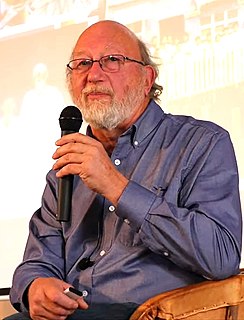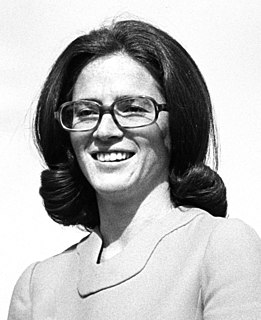A Quote by Rebecca MacKinnon
The relationship between citizens and government is increasingly mediated through the Internet.
Quote Topics
Related Quotes
The right of ordinary citizens to possess weapons is the most extraordinary, most controversial, and least understood of those liberties secured by Englishmen and bequeathed to their American colonists. It lies at the very heart of the relationship between the individual and his fellows, and between the individual and his government.
It is true that authoritarian governments increasingly see the internet as a threat in part because they see the US government behind the internet. It would not be accurate to say they are reacting to the threat posed by the internet, they are reacting to the threat poised by United States via the internet. They are not reacting against blogs, or Facebook or Twitter per se, they are reacting against organizations like the National Endowment for Democracy funding bloggers and activists.
War is then not a relationship between one man and another, but a relationship between one State and another, in which individuals are enemies only by accident, not as men, nor even as citizens, but as soldiers; not as members of the fatherland, but as its defenders. Finally, any State can only have other States, and not men, as enemies, inasmuch as it is impossible to fix a true relation between things of different natures.
For what is meant by saying that a government ought to educate the people? Why should they be educated? What is the education for? Clearly, to fit the people for social life - to make them good citizens. And who is to say what are good citizens? The government: there is no other judge. And who is to say how these good citizens may be made? The government: there is no other judge. Hence the proposition is convertible into this - a government ought to mold children into good citizens, using its own discretion in settling what a good citizen is and how the child may be molded into one.
The framers of our Constitution understood the dangers of unbridled government surveillance. They knew that democracy could flourish only in spaces free from government snooping and interference, and they put restraints on government overreaching in the Fourth Amendment of the Bill of Rights. . . . These protections require, at a minimum, a neutral arbiter - a magistrate - standing between the government's endless desire for information and the citizens' desires for privacy.
































